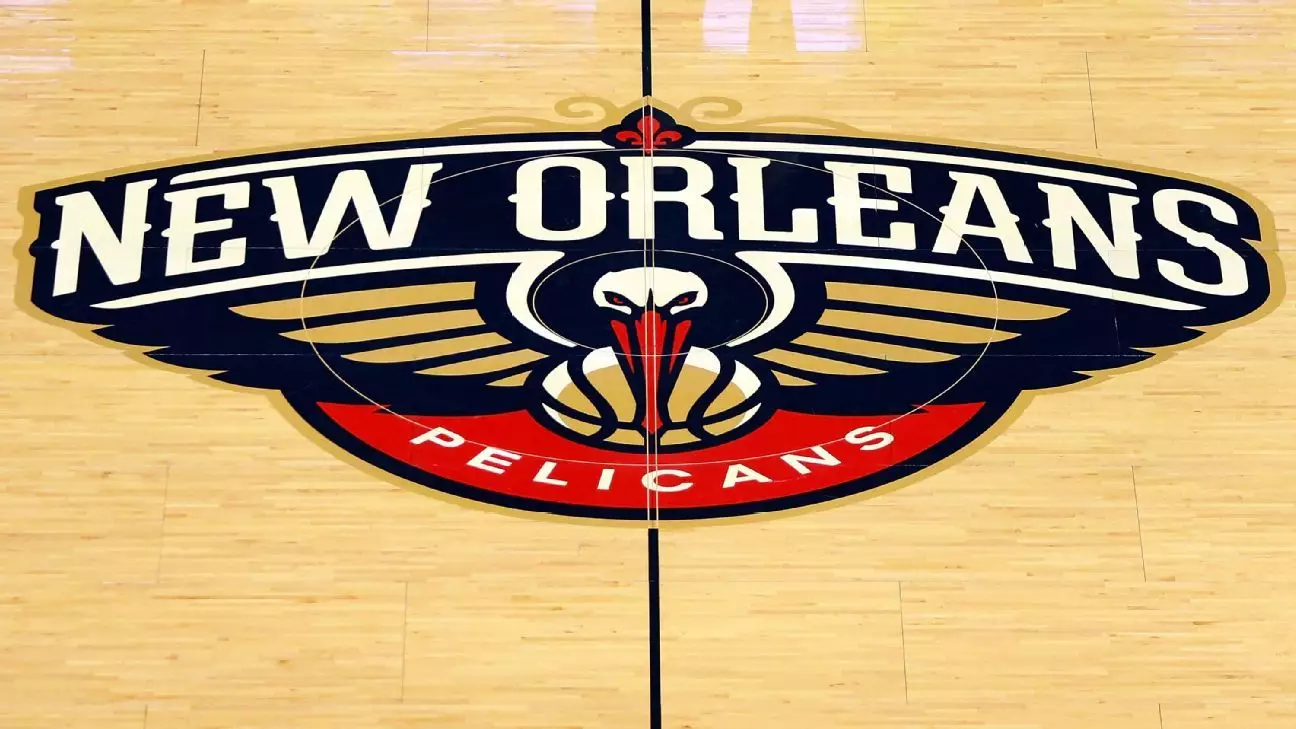On a typical day, New Orleans is alive with music, laughter, and the vibrant spirit typical of a city rich in culture and history. However, that spirit was abruptly shattered by a tragic event that turned a celebration into a scene of devastation. The sports world often mirrors the pulse of society; thus, when tragedy strikes in interconnected ways, even those worlds collide. In a devastating attack, 15 lives were lost in moments of joy as chaos erupted in the heart of the French Quarter, leaving the New Orleans Pelicans grappling with grief while preparing to play against the Miami Heat.
In times of crisis, it is common to hear from those affected, but it is particularly poignant when the news reaches someone close to home. Willie Green, head coach of the Pelicans, received a text that not only wished him a Happy New Year but also reflected heartfelt concern for New Orleans’s safety. The dissonance between personal celebrations and public grief could not be more pronounced. “I’m devastated,” Green stated, echoing a sentiment that resonates throughout his community. For many, the aftermath of such violence feels not only immediate but long-lasting, affecting families and communities in a manner that transcends the initial shock.
As the Pelicans prepared for their game in Miami, it was evident that their thoughts were elsewhere. Playing roughly a mile away from the chaos that unfolded at Bourbon Street and Canal Street, the gravity of the event loomed over them. The fragility of safety and the unseen horrors of our times weighed on Green and his players. This incident raises a troubling question: in a world rife with violence, where can we feel safe? Schools and public gathering places should inherently be spaces of communal joy, yet the specter of violence casts a long shadow over even the most celebratory occasions.
Yet there is still an unwavering sense of resilience within communities like New Orleans. Green expressed empathy for those affected: “I can only imagine what those families are going through,” he said, revealing the importance of human connection and understanding in the face of tragedy. Such solidarity is critical, as communities lean on each other to heal from the emotional wounds inflicted by senseless acts of violence.
The reach of this tragedy extended to the Miami Heat’s locker room, where coach Erik Spoelstra remarked that the news brought a somber halt to their preparations. It serves as a reminder that events like this impact not just victims and their families but ripple through the leagues, cities, and communities connected by sports. Holding a moment of silence for the victims, the Heat conjoined their grief with that of New Orleans, a poignant expression of empathy across a divide.
In sports, moments like these can often foster unity, serving as a reminder that beyond competition, the values of compassion and solidarity prevail. During the broadcast of the game, Pelicans announcer Joel Meyers and analyst Antonio Daniels articulated their sorrow for the lives lost, stating that Bourbon Street, a symbol of joy and celebration, became a site of tragedy. Daniels captured the sentiment perfectly by stating, “My heart hurts for this city.” It articulates not only a sense of personal loss but also a collective mourning that communities face when violence strikes.
As the affected communities prepare for the future, they must engage in both healing and remembrance. The resilience of New Orleans lies in its capacity to transform grief into strength, turning a moment of despair into a cause for unity and support. With events like the Sugar Bowl postponed, the focus shifts from celebration to contemplation, reminding everyone that, in moments of darkness, communities must come together to offer light.
Sports can provide a unique platform for dialogue and healing. As teams like the Pelicans continue to navigate their path amidst tragedy, the focus on compassion, community, and support must guide their actions. In a world where violence can erupt unexpectedly, the strength of shared humanity remains more important than ever, reflecting a community’s resilience against the trials it faces. In the end, the path to healing involves acknowledging pain but also celebrating the indomitable spirit of those who rise in the face of adversity.


Leave a Reply